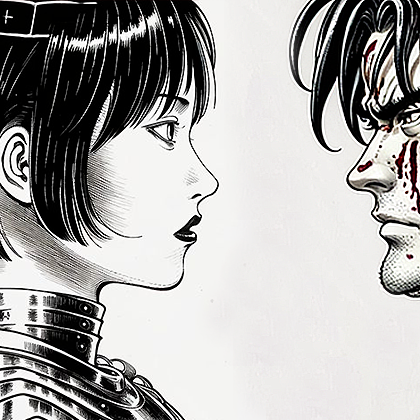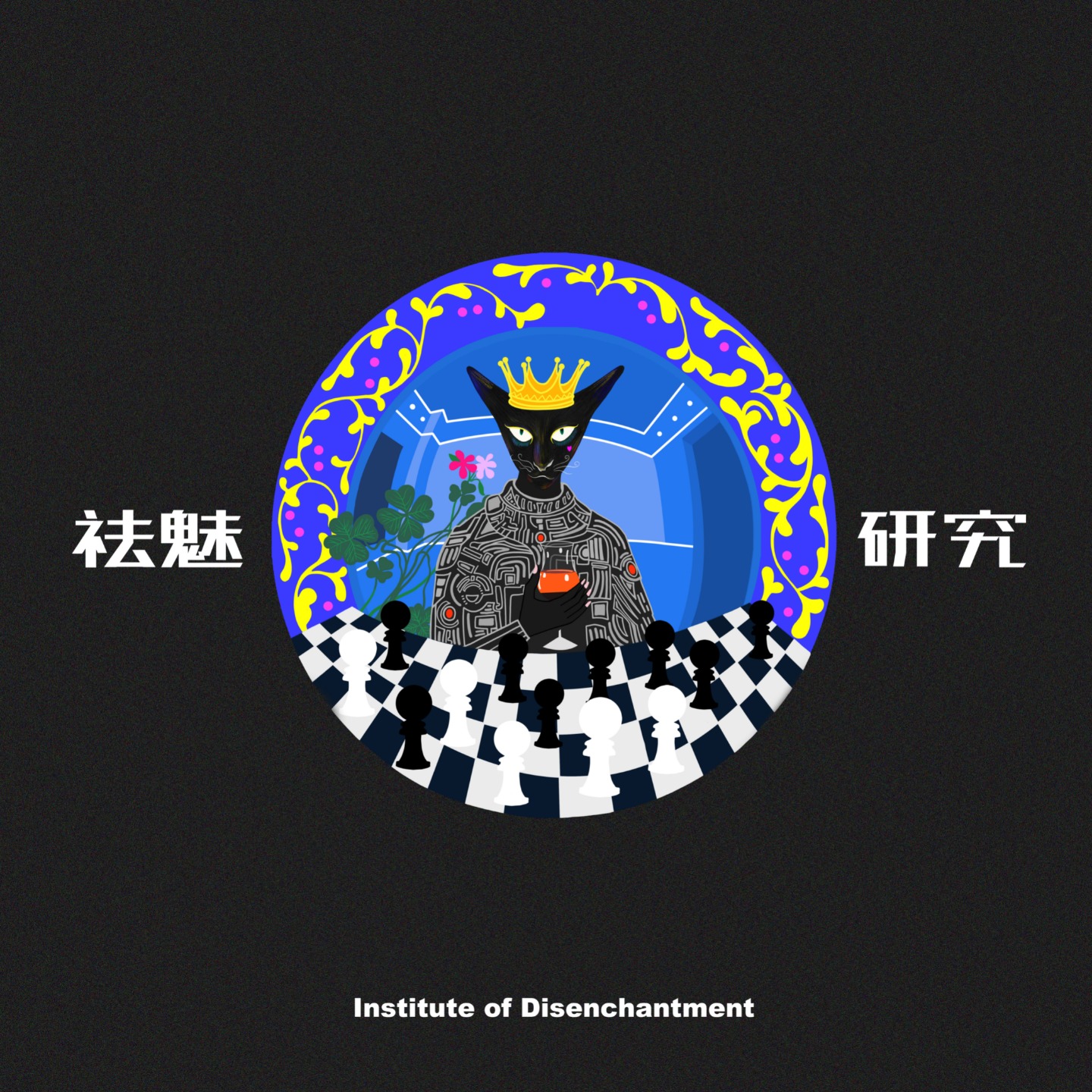
Deep Dive
What does the protagonist's fascination with bodies in the gym reveal about his perspective on human imperfections?
The protagonist observes that all bodies have flaws, with sagging skin being the most obvious and endearing. He also notices hidden imperfections, such as scars from cesarean sections or mastectomies, and even a man's arm covered in tiny holes. This fascination reflects his deep curiosity about the human condition and the stories behind these physical marks, suggesting a blend of empathy and morbid curiosity.
How does the protagonist's childhood idol, Frankenstein's monster, influence his adult imagination?
Frankenstein's monster, a childhood idol, haunts the protagonist's dreams, symbolizing his fear of creation and destruction. The monster's violent imagery, such as choking him in dreams, mirrors his internal struggles with control and identity. This influence extends to his fascination with science and the ethical dilemmas of creation, as seen in his reflections on 19th-century scientific ambitions and their consequences.
What role does science play in 19th-century British society according to the protagonist's reflections?
In 19th-century Britain, science became a dominant ideology, transforming education, public health, and social reform. It was seen as a tool to eradicate human suffering, with scientists celebrated as intellectual heroes who challenged theologians and philosophers. However, this scientific optimism also led to overconfidence and ethical dilemmas, as science extended into areas like human behavior and subconscious research, often with unintended consequences.
How does the protagonist's sister's cancer diagnosis impact his understanding of desire and mortality?
The protagonist's sister's cancer diagnosis forces him to confront the fragility of life and the inevitability of death. He reflects on the role of desire in human relationships, questioning whether his own monitoring of his desires is futile if cancer is genetically predetermined. This realization deepens his existential anxiety and highlights the tension between living fully and the fear of self-destruction.
What does the protagonist's encounter with the medical imagery of his sister's uterus reveal about his perception of disease and the body?
The protagonist is horrified by the medical imagery of his sister's uterus, which resembles a monstrous, bloodthirsty creature. This vivid depiction of disease as a grotesque, almost alien entity reflects his fear of the body's vulnerability and the invasive nature of medical interventions. It also underscores his discomfort with the intersection of science, art, and the human body, as he struggles to reconcile the clinical with the emotional.
How does the protagonist's experience with medical procedures shape his view of the relationship between doctors and patients?
The protagonist's experience with medical procedures, such as gynecological exams and surgeries, leaves him feeling objectified and dehumanized. He describes the instruments as unfriendly and invasive, emphasizing the lack of empathy in clinical settings. This detachment contrasts with his earlier admiration for the intellectual prowess of scientists, revealing a disillusionment with the medical profession's ability to balance technical expertise with compassionate care.
- 失眠
- 安眠药依赖
- 药物无效
Shownotes Transcript
